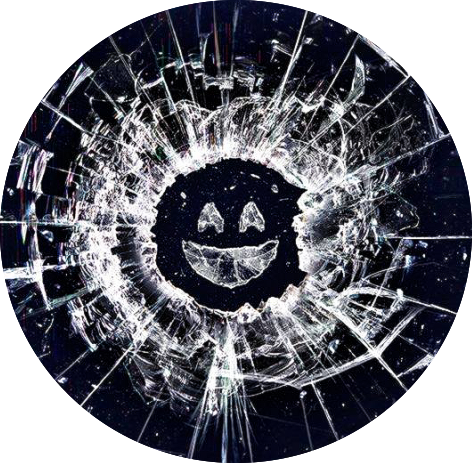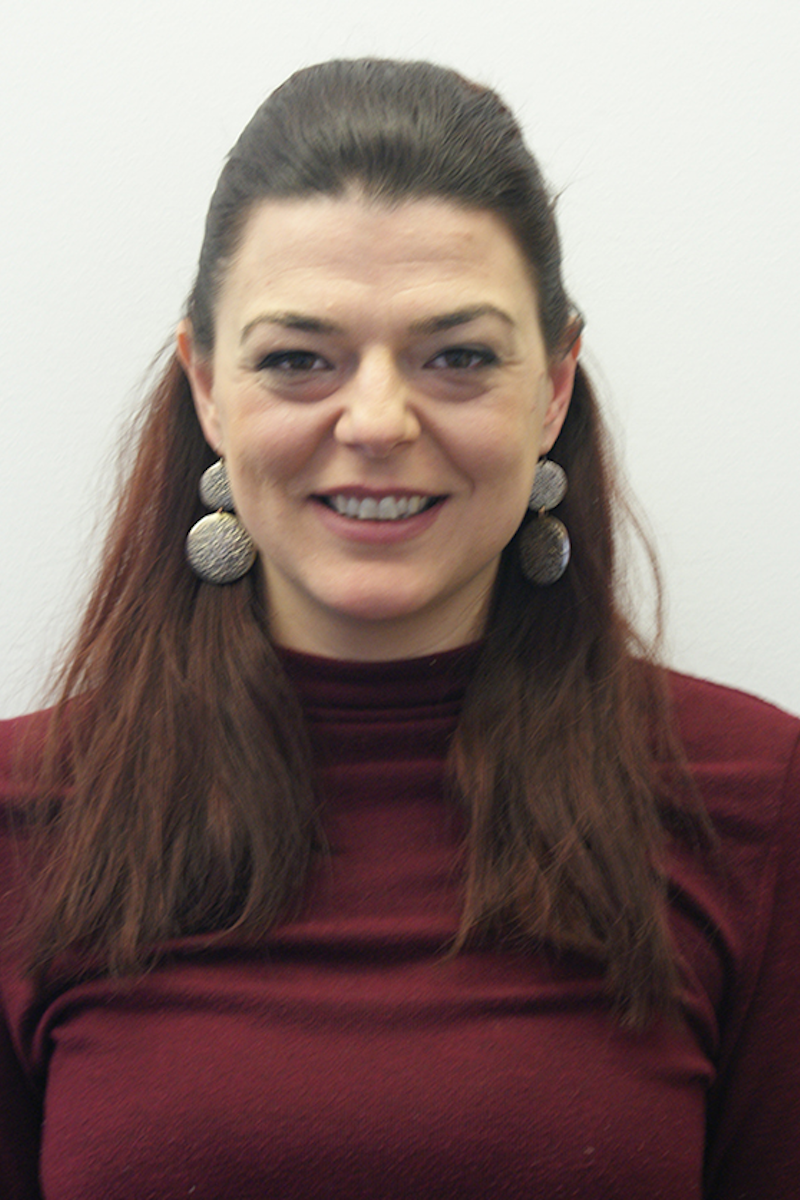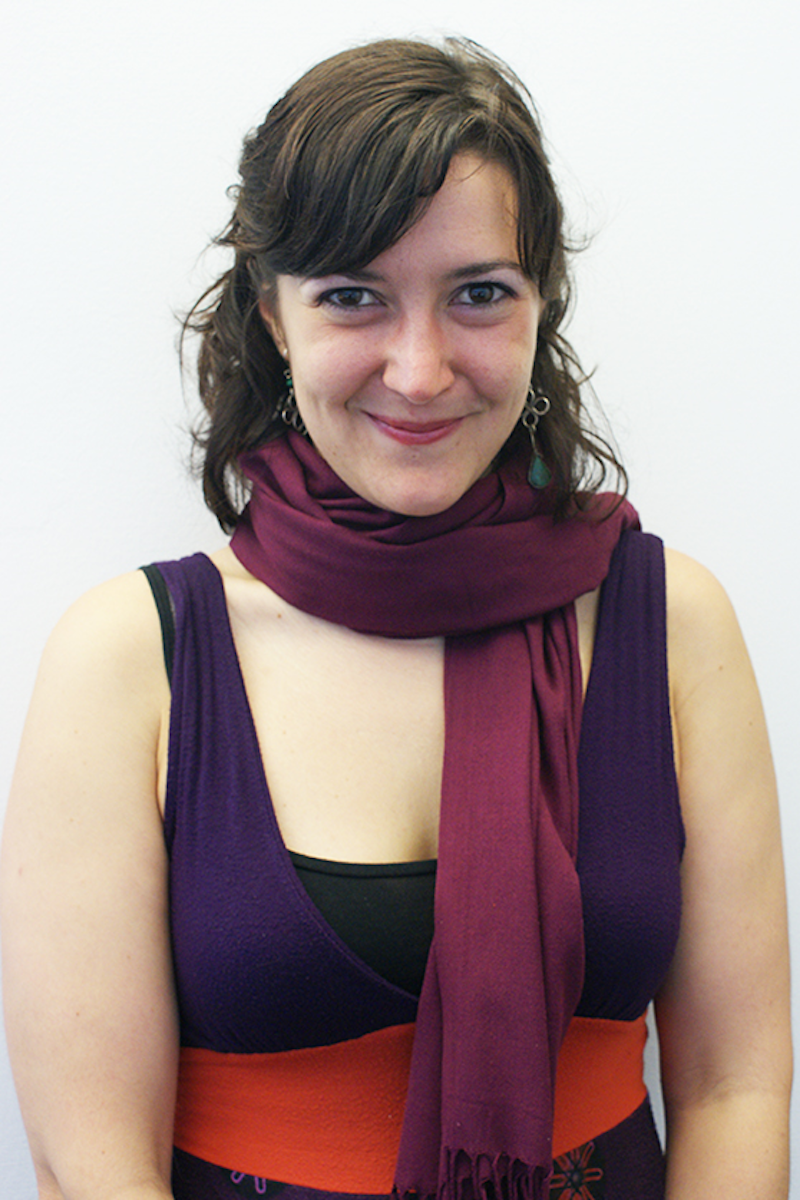
Re-coding Black Mirror
Potential risks of web technologies
Web solutions against the misuse of technologies
Web technologies to enable or prevent Black Mirror's dystopian future

Black Mirror is a British science fiction TV series created by Charlie Brooker and centred around dark and satirical themes that examine modern society, particularly with regard to the unanticipated consequences of new technologies.
Re-coding Black Mirror is a full day workshop which explores how the widespread adoption of web technologies, principles and practices could lead to potential societal and ethical challenges as the ones depicted in Black Mirror's episodes, and how research related to those technologies could help minimise or even prevent the risks of those issues arising.
The workshop will take place on Tuesday, April 24th 2018, 08:30 to 18:00, as part of the WEB Conference (WWW2018).
Re-coding Black Mirror is about creating connections between researchers that build web technologies and are interested in their potential implications on society, and researchers studying societal and ethical risks of such technologies.
We expect two different types of works to be presented at the workshop, as briefly described by the following examples. Submissions are of course not restricted to those examples, but works addressing those scenarios would be very much welcome. You can also look at the submissions of the Re-coding Black Mirror 2017 edition.
Here we are looking at how ongoing research in the web community could lead to technological advances similar to what is presented in one specific episode (or a set of episodes if it is a recurring trend). For example:
How could advances in semantically combining results in natural language processing and social media analysis lead to the ability to create a bot mimicking the personality of a dead person from their online contributions? S02E01 - Be right back
How could web technologies be used to integrate information about another person from multiple online sources (digital footprinting), providing a mean for stalking or even blackmailing them? S03E03 - Shut Up and Dance
Many of the episodes in Black Mirror rely on a practice and use of technology which is either unexpected in itself, or which consequences are unexpected. Here we are looking at how web technologies could reduce those risks. For example:
How could semantic relations between people and information about their network/context prevents the appearance of extreme cases in user ratings? S03E01 - Nosedive
How could web content and network analysis be used to reduce or counter the spread of hate on social media? S03E06 - Hated in the Nation
Please submit your contribution to the workshop by February 10th 2018 (23:59 Hawaii time) through the easychair system (choosing the track "#RCBlackMirror2018: Re-Coding Black Mirror Workshop").
We accept three categories of submissions: full papers (max 8 pages) on research and applied technologies, short papers (max 4 pages) about visions and positions on forthcoming challenges and abstracts (max 2 pages) on the societal and ethical challenges of the aforementioned technologies.
All papers should be formatted using the ACM SigConf template (Latex, Word, 2 columns).
We expect each paper to take as a starting point one futuristic scenario, either directly from Black Mirror or of a similar nature, as motivation for the work presented.
For any other question, feel free to contact us at re-codingblackmirror2018@easychair.org
Kirstie Ball, University of St. Andrews
Valerio Basile, Sapienza University of Rome
Nikos Bikakis, ATHENA Research Center
Pompeu Casanovas, Autonomous University of Barcelona
Sara Degli Esposti, Coventry University
Stefan Dietze, University of Leibniz
Seda Guerses, University of Leuven
Heidi Herzogenrath-Amelung, University of Westminster
David Lewis, ADAPT Centre
Liisa A. Mäkinen, University of Turku
Andrea Mannocci, The Open University
Diana Miranda, Keele University
Giuseppe Rizzo, Politecnico di Torino
Barry O'Sullivan, University College Cork
Nikolas Thomopoulos, University of Greenwich
Daniel Trottier, Erasmus University Rotterdam
Lachlan Urquhart, University of Nottingham

Pinelopi is a Research Assistant at the Data Science Group of the Knowledge Media Institute, Open University (UK). Her research focuses on technology and society and more specifically on the surveillance occurring through the use of personal digital gadgets. Her Ph.D. research addressed issues of the subjective everyday surveillance using as a case study the smartphone devices. She specifically explored young users' articulation of the relationship with their smartphones and the negotiation with their surveillant aspects conducting focus groups with students at British universities and employing the use of visual vignettes. Pinelopi was Visiting Lecturer at the University of Westminster and Leeds Metropolitan University and Research Assistant for the fp7 project ICT ethics. She has been member of the organizing committee of international conferences, workshops and a summer school. She has presented her work in major conference mainly of the surveillance studies community and is co-editor of a special issue on surveillance and privacy at Westminster Papers in Communication and Culture.

Mathieu is a Professor of Informatics specialised in data analytics and semantic technologies at the Insight Centre for Data Analytics of the National University of Ireland Galway. He was previously Senior Research Fellow at the Knowledge Media Institute of the Open University, where he led the Data Science Group. Hes is leading research and development activities around the meaningful sharing and exploitation of distributed information. He has worked on applying the technologies coming out of his research, especially Semantic Web/Linked Data technologies, in various domains including medicine, education especially through learning analytics, Smart Cities and the Internet of Things, personal data management, etc.

is a Research Associate in the Data Science Group of the Knowledge Media Institute of the Open University. The core of her research is the exploitation of knowledge from heterogeneous data sources to improve tasks of intelligent systems, and is particularly focused on 2 application domains: (i) robots in smart cities and (ii) digital humanities. Ilaria was involved in the organisation of a number cross-disciplinary research events, as 2017 edition of Re-coding Black Mirror at ISWC2017, the 2017 Knowledge Capture conference (K-CAP2017), the Semantic Web Summer School (SSSW2015, SSSW2016) and the Linked Data for Knowledge Discovery workshops at ECML/PKDD (LD4KD2014 and LD4KD2015).